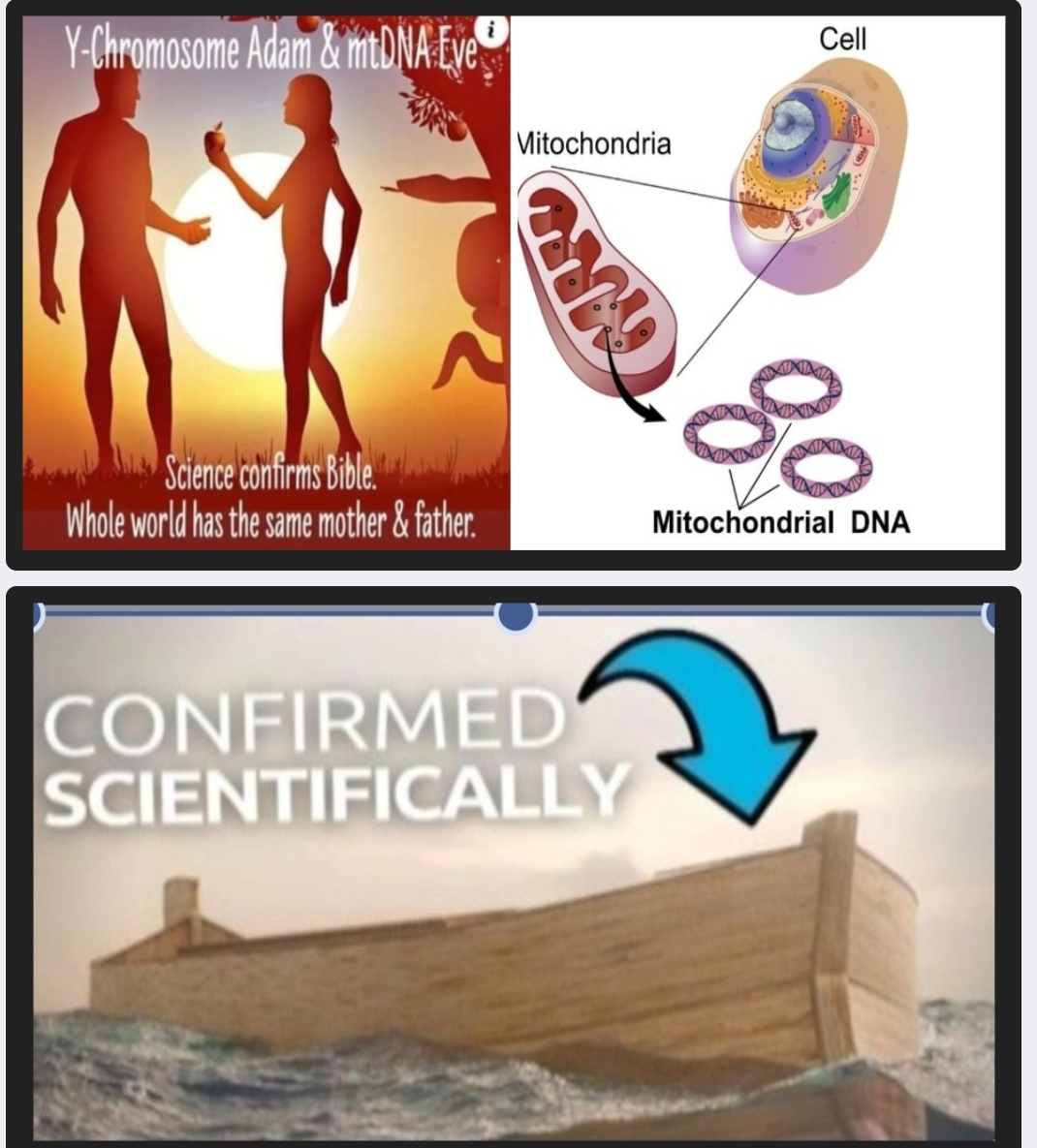Biologists are running from NeoDarwinism to Lamarckian Darwinism
Charles Darwin was influenced by the work of Jean-Baptiste Lamarck, a French naturalist who proposed the theory of evolution by acquired characteristics. Lamarck believed that organisms could pass on traits that they had acquired during their lifetime to their offspring.
Darwin accepted Lamarck's belief in the inheritance of acquired characteristics, but he also proposed his own theory of evolution by natural selection. Natural selection is the process by which organisms with favorable traits are more likely to survive and reproduce, passing on their traits to their offspring. This process can lead to the evolution of new species over time.
In recent years, there has been renewed interest in Lamarck's theory of acquired characteristics. This is due to the discovery of epigenetics, which is the study of changes in gene expression that are not caused by changes in the DNA sequence. Epigenetic changes can be inherited by offspring, and they can affect how an organism develops.
Many biologists believe that epigenetic changes play a role in evolution. For example, they hypothesize that epigenetic changes could be responsible for some of the rapid changes in animal populations that have been observed in response to environmental changes.
Darwin's pangenesis is a Lamarckian theory of inheritance, which means that it proposes that acquired characteristics can be inherited by offspring. In pangenesis, Darwin proposed that every cell in the body produces tiny particles called gemmules, which travel through the bloodstream to the gonads. During reproduction, the gemmules are incorporated into the gametes and are passed on to the next generation. If an organism experiences a change in its environment, such as learning a new skill or developing a muscle, the gemmules from those cells will be altered and will be passed on to the next generation. This means that the offspring will be born with the ability to perform the skill or have the muscle development, even if they did not experience the same environment as their parent.
Exosomes are small extracellular vesicles that are released by cells. They contain a variety of molecules, including proteins, DNA, and RNA. Exosomes have been shown to be involved in cell-to-cell communication, as well as in the transport of molecules between cells.
Some scientists believe that exosomes may provide a mechanism for pangenesis. They hypothesize that exosomes from cells that have experienced a change in the environment may carry molecules that encode that change. These molecules could then be incorporated into the gametes and passed on to the next generation. This would allow for the inheritance of acquired characteristics, as proposed by pangenesis.
Overall, it is fair to say that many biologists are going back to Darwin's original ideas because of Lamarck. They are taking a more open-minded approach to Lamarck's ideas, and they are exploring the possibility that epigenetic changes could play a role in evolution.





Comments
Post a Comment